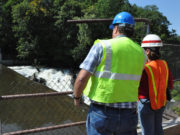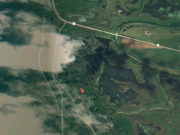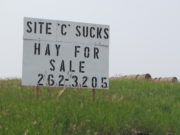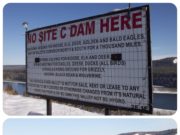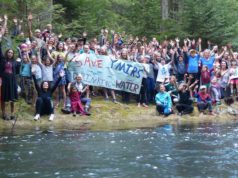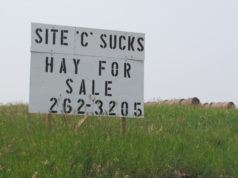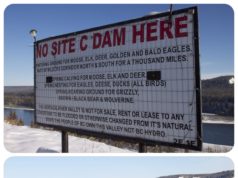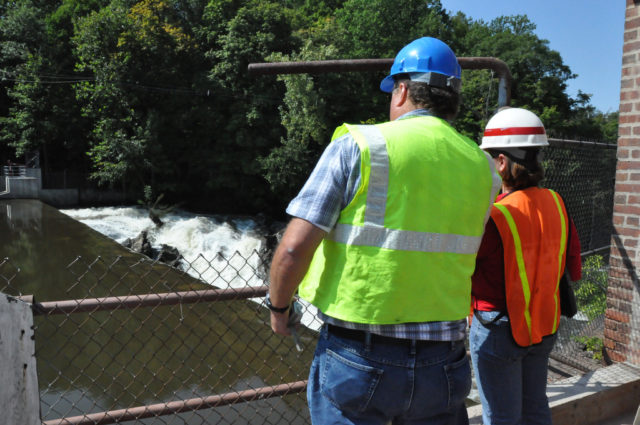
What’s the issue?
The Environment and Climate Change Strategy Minister George Heyman has been tasked with leading a review of the professional reliance model. It is current practice for environmental assessments on projects to be completed for proponents by their own staff or someone they hire directly rather than by an independent professional authority.
Who is impacted by this issue?
The resource sector, environmental professionals, and BC residents are impacted by this issue. Professional judgement has been elevated and trust in a fair oversight process has been compromised.
What is the ideal?
The following criteria for an effective environmental assessment process in BC have been identified by the Environmental Law Centre in their 2015 report Professional Reliance and
Environmental Regulation in British Columbia.
- Regulations must be clear on which professionals are qualified to carry out certain functions
- The regulatory authority must clearly identify what the responsibility of the professionals are and the objectives they must meet
- Roles for the government should be reserved and include an authorization role, quality control and gatekeeper functions.
- Formal procedures and clear rules for certification must be established for professional associations.
- Professionals need to avoid conflicts of interest and openly declare where they exist or may be perceived to exist
- Professionals have a legal duty to record, file and disclose documents
- Liability, bonding and insurance issues must be clear
- Professionals have a duty to report to enforcement agencies and professional associations
- Strong monitoring programs, compliance measures and enforcement actions where necessary should be well documented.
What role is the government currently playing?
The government’ts review will “assess the current legislation governing qualified professionals (QPs) in the natural resource sector, and the role their professional associations play in upholding the public interest. Additionally, the review will look at other jurisdictions to identify best practices and assess whether those practices are being used by QPs doing work on government’s behalf. Finally, the review will make recommendations regarding resource decisions made by the government, conditions governing the involvement of QPs in those decisions and the appropriate level of government oversight to assure the public their interests are protected.”
A final report is expected to be completed by spring 2018.
What’s next?
- Read the 2015 Professional Reliance and Environmental Regulation in British Columbia report by the Environmental Law Centre
- Read the BC Ombudsman’s 2014 report Striking a Balance: The Challenges of using a professional reliance model in environmental protection – British Columbia’s Riparian Areas Regulation









